I adore the seasonality of farming – most other professions have nothing like it. The slow changing of the light from dark mornings to early sunrises and the pattern of work that accompanies it. I love gearing myself up for a busy spring in January and enjoying long summer days spent doing simple jobs with my kids, moving stock, fencing, pulling ragwort. The ebb of busier days leads into the ease of sunshine with time to muck about together to calls of “Mum! I’m bringing the ladybirds home!” followed by “Where are they?” to squeals of “I’m keeping them all in my hair!” while falling about laughing.
This year has been notably different. That downtime of the summer only arrived in mid-August and it’s already autumn.
Although I have grabbed the opportunity with both hands, it reminds me how every day from February to August has been a challenge, requiring problem-solving decisions on an hourly basis. It reminds me of the considerable mental load that farmers have been carrying all year without respite. Daily questions:What diet will the cows be fed today? Where will it come from? What is the outlook for grass growth? How much closer am I to filling the winter forage gap?
Cashflow, fodder and milk production budgets based on the grass growth model fell between the two stools of a long, cold winter and a scorching summer. The elements of profitable dairying were thrown under the bus of mother nature with little else to do but somehow manage our way out of it.
At times, the plan that was in place at 7am was not the plan that was being followed by 5pm. I admit that it almost felt overwhelming at times, to be faced with unrelenting weather conditions and the myriad of decisions that accompany it.
Making decisions
I was continually reminded how blessed we are to have three of us involved in the farm, the ability to bounce ideas off one another and come up with the most practical solution was fantastic and the benefit of once-a-day milking (OAD) gave us more time to make those decisions.
At a farm walk recently, the host farmer said: “Since my father passed away I have not enjoyed farming as much as I used to” and it made me reflect on how isolating farming can be. I was reminded of how decisions made on the hoof while working alone could be continually questioned and with this year’s epic level of decision-making, any degree of self-doubt could be anguishing. Social isolation and relentless weather-related stress could provide the perfect storm to trigger an episode of poor mental health or depression in any farmer this year.
Us farmers are tough cookies. Throughout the past 12 months we have faced early winter housing due to wet weather, a long winter and harsh spring that brought feet of snow, inches of rain and little grass growth, while the summer’s drought capped off the full spectrum of weather extremes.
I recall asking when times were difficult “When are the locusts due?” as it has felt as though plagues were being visited upon us at unprecedented regularity.
Us farmers are tough. We know that a “red weather warning” for Ophelia meant rising a bit earlier to have cows milked before the electricity was knocked out and ensuring that cows had shelter from the winds while neighbours were safe.
We know in the back of our minds that a “red weather warning” for snow in the middle of spring-calving equated to wearing a second jacket because the stock needed looking after before we did.
We know the stress that animals will experience without water like when it froze or dried up this year and the stress that us farmers bore to thaw pipes, replace pumps, sink a new well while delivering water to animals to keep them healthy.
Us farmers are tough but there is a tipping point for everyone. The high rate of suicide, particularly among men in rural areas, is behind the IFA’s involvement in setting up a dedicated suicide and self-harm phone line on 1890 130 022. The phone line for IFA members will put farmers and their families in direct contact with a Pieta House trained therapist.
Farmers are tough but sometimes you have to put yourself first.
Read more
Farmer Writes: from superlevy threat to emissions – how dialogue changes
I adore the seasonality of farming – most other professions have nothing like it. The slow changing of the light from dark mornings to early sunrises and the pattern of work that accompanies it. I love gearing myself up for a busy spring in January and enjoying long summer days spent doing simple jobs with my kids, moving stock, fencing, pulling ragwort. The ebb of busier days leads into the ease of sunshine with time to muck about together to calls of “Mum! I’m bringing the ladybirds home!” followed by “Where are they?” to squeals of “I’m keeping them all in my hair!” while falling about laughing.
This year has been notably different. That downtime of the summer only arrived in mid-August and it’s already autumn.
Although I have grabbed the opportunity with both hands, it reminds me how every day from February to August has been a challenge, requiring problem-solving decisions on an hourly basis. It reminds me of the considerable mental load that farmers have been carrying all year without respite. Daily questions:What diet will the cows be fed today? Where will it come from? What is the outlook for grass growth? How much closer am I to filling the winter forage gap?
Cashflow, fodder and milk production budgets based on the grass growth model fell between the two stools of a long, cold winter and a scorching summer. The elements of profitable dairying were thrown under the bus of mother nature with little else to do but somehow manage our way out of it.
At times, the plan that was in place at 7am was not the plan that was being followed by 5pm. I admit that it almost felt overwhelming at times, to be faced with unrelenting weather conditions and the myriad of decisions that accompany it.
Making decisions
I was continually reminded how blessed we are to have three of us involved in the farm, the ability to bounce ideas off one another and come up with the most practical solution was fantastic and the benefit of once-a-day milking (OAD) gave us more time to make those decisions.
At a farm walk recently, the host farmer said: “Since my father passed away I have not enjoyed farming as much as I used to” and it made me reflect on how isolating farming can be. I was reminded of how decisions made on the hoof while working alone could be continually questioned and with this year’s epic level of decision-making, any degree of self-doubt could be anguishing. Social isolation and relentless weather-related stress could provide the perfect storm to trigger an episode of poor mental health or depression in any farmer this year.
Us farmers are tough cookies. Throughout the past 12 months we have faced early winter housing due to wet weather, a long winter and harsh spring that brought feet of snow, inches of rain and little grass growth, while the summer’s drought capped off the full spectrum of weather extremes.
I recall asking when times were difficult “When are the locusts due?” as it has felt as though plagues were being visited upon us at unprecedented regularity.
Us farmers are tough. We know that a “red weather warning” for Ophelia meant rising a bit earlier to have cows milked before the electricity was knocked out and ensuring that cows had shelter from the winds while neighbours were safe.
We know in the back of our minds that a “red weather warning” for snow in the middle of spring-calving equated to wearing a second jacket because the stock needed looking after before we did.
We know the stress that animals will experience without water like when it froze or dried up this year and the stress that us farmers bore to thaw pipes, replace pumps, sink a new well while delivering water to animals to keep them healthy.
Us farmers are tough but there is a tipping point for everyone. The high rate of suicide, particularly among men in rural areas, is behind the IFA’s involvement in setting up a dedicated suicide and self-harm phone line on 1890 130 022. The phone line for IFA members will put farmers and their families in direct contact with a Pieta House trained therapist.
Farmers are tough but sometimes you have to put yourself first.
Read more
Farmer Writes: from superlevy threat to emissions – how dialogue changes




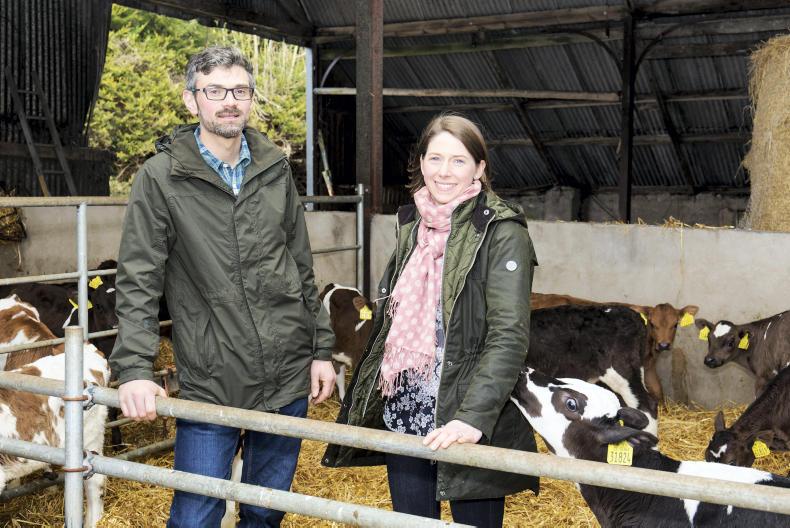
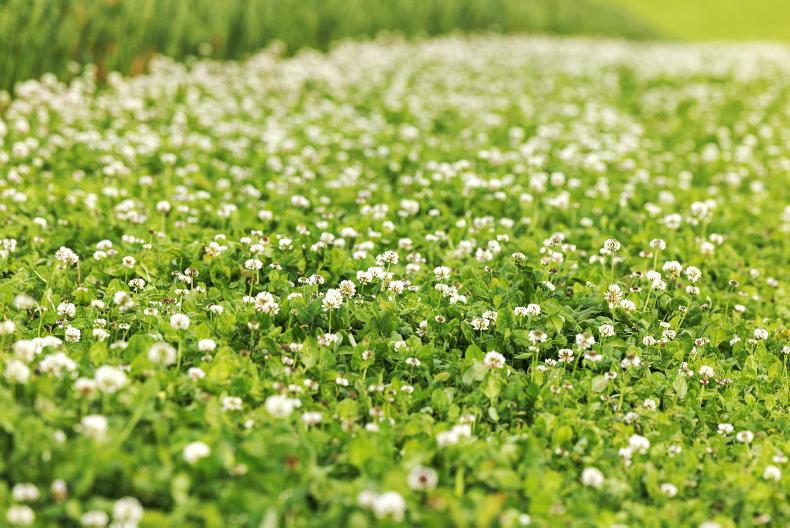

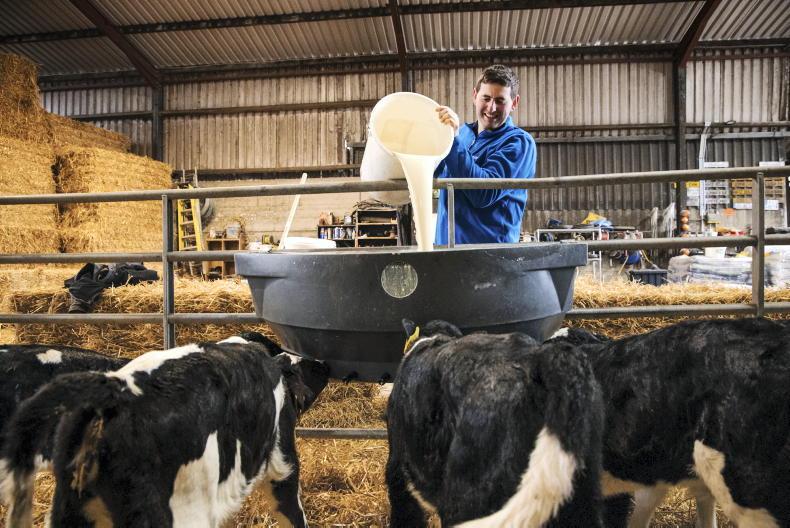
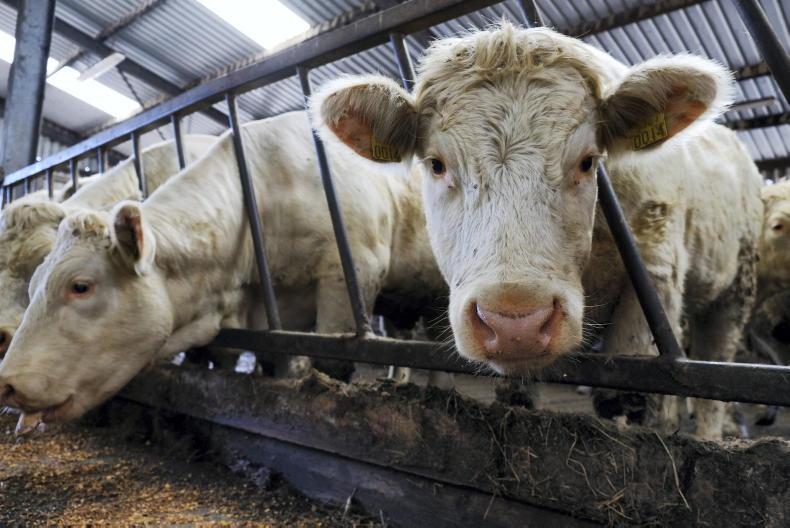
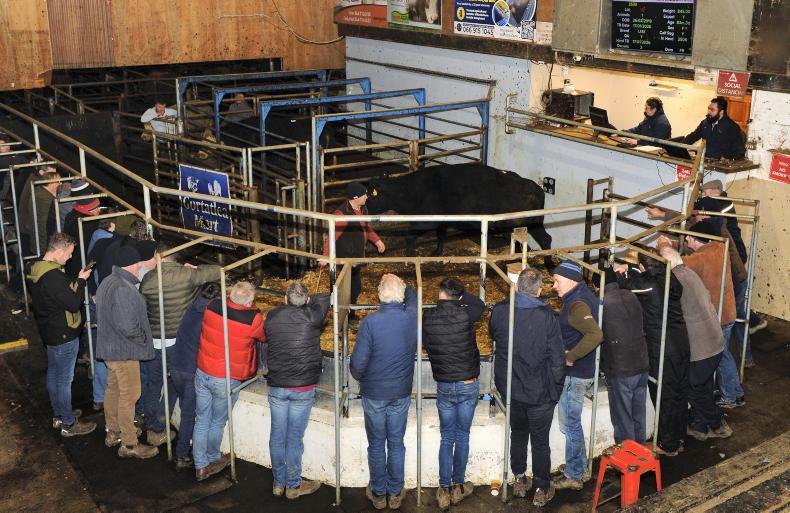
SHARING OPTIONS